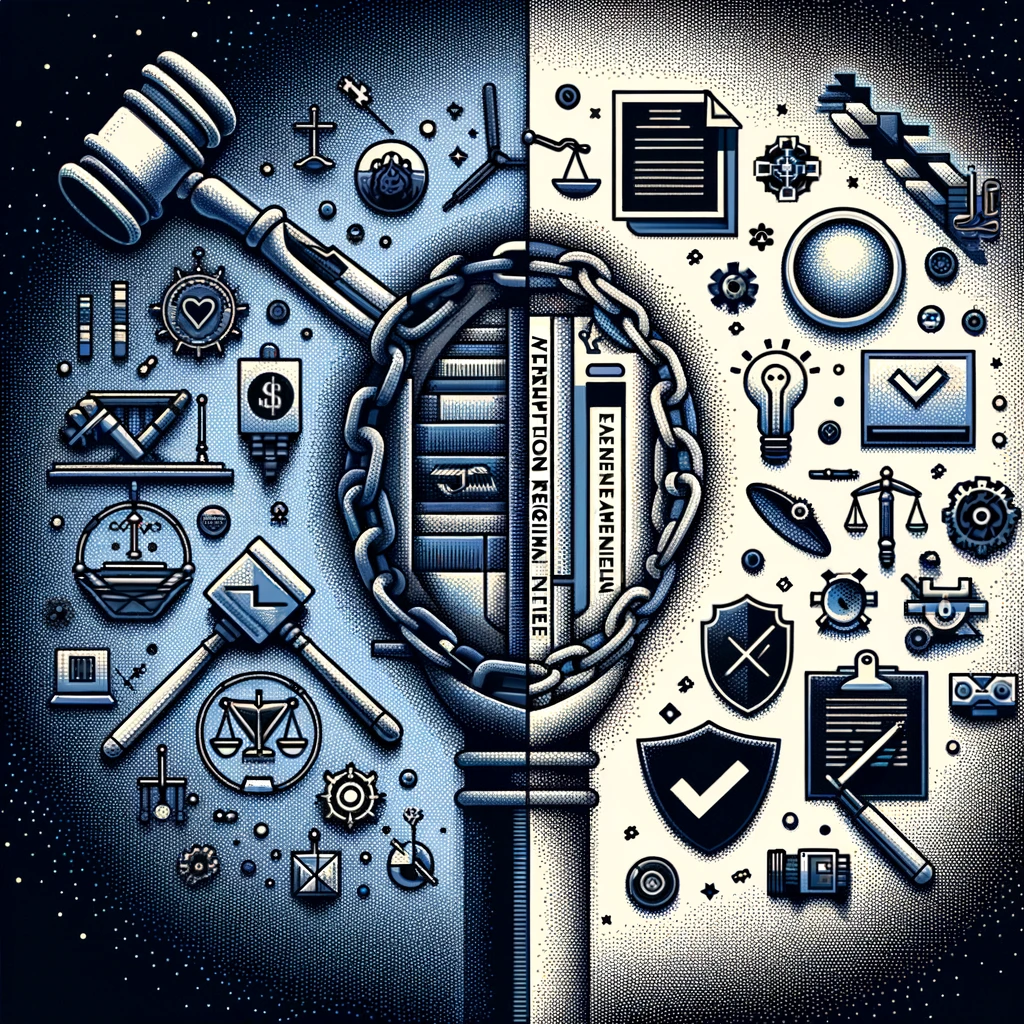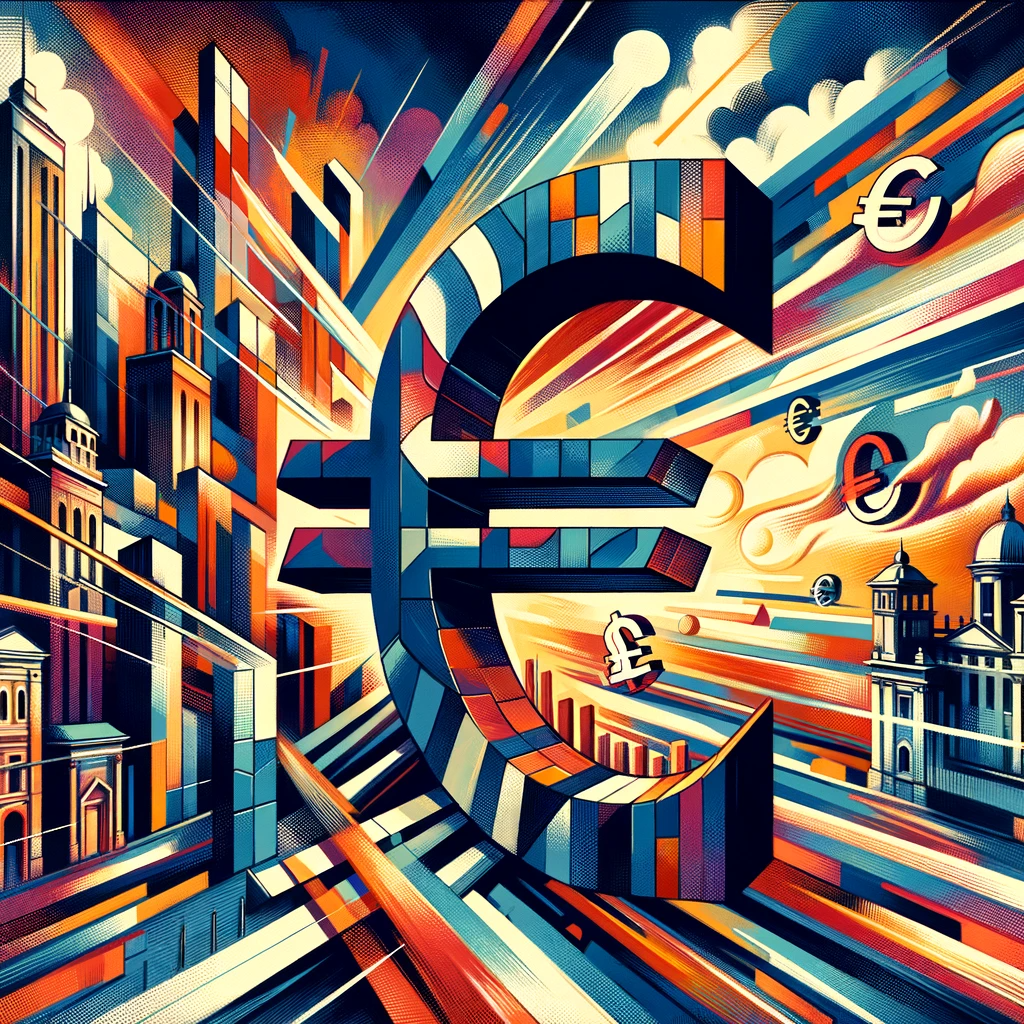Anticorruzione

Anti-Corruption regulatory instruments and truth certification
Giuseppe Tropea, Annalaura Giannelli | 13 May 2024 | Not Yet in an issue
The paper aims to examine, with a critical approach, the new regulatory methods that anti-corruption mechanisms have introduced into our legal system. The topic is assessed by exploiting the dialectic between the concepts of knowledge and public power, drawing inspiration from Michael Foucault, who identifies power with a relationship of force. Building on these premises, the study delves into the relationship between the activities of public administration and technical-scientific assessments, specifically focusing on anti-corruption regulatory instruments, particularly in the context of public procurement.
Read More
The Italian anti-corruption system in the perspective of public integrity. Reflections and possible developments more than ten years after the adoption of Law No. 190/2012
Francesco Merenda | 27 November 2023 | Issue 4/2023
The first decade of the Italian anti-corruption system provides an overview of both positive and negative elements that have emerged from the experience of public administrations. This analysis, however, is also carried out in relation to the field of public integrity. It is a broader perspective of the good governance system, where corruption prevention must be developed within an integrated strategic and organisational framework. This contribution seeks to reflect on Italian anti-corruption, attempting to answer several questions. Is it still right to insist on the need for a corruption prevention policy? What could be the necessary corrections to be made to this model? After a brief initial excursus on the evolution of the legal framework, an analysis is made of the strengths and weaknesses of this policy, which can be deduced from the twofold practical activities of public administrations. The second part focuses on the topic of public integrity, with particular regard to integrity as a legal principle in the public sector. The last part examines the extent to which the Italian anti-corruption system is in line with public integrity.
Read More